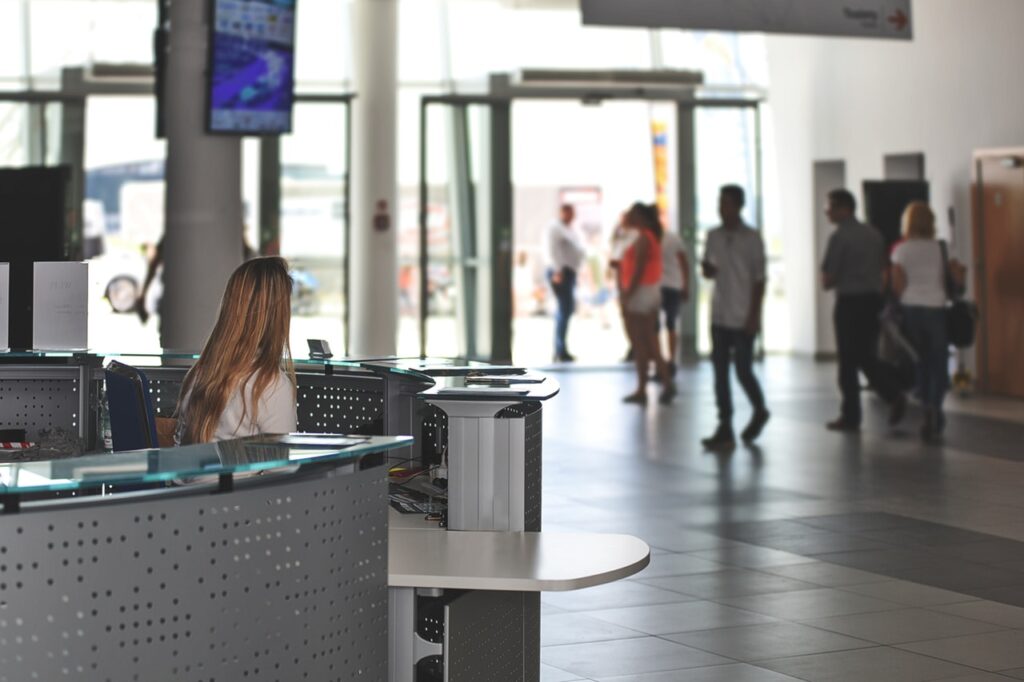The manufacturing industry is the backbone of businesses the world over. Nobody could sell anything if there wasn’t anybody to make the products in the first place. As market trends change and new technology drives innovation, the manufacturing sector faces new challenges all of the time. A company’s ability to overcome those challenges and come up with new solutions is the thing that makes or breaks them. Understanding what the next big challenges are going to be are, and coming up with a solution to them before anybody else is absolutely the best way to set yourself apart from the competition. To help you along the way, we’ve identified some of the most likely challenges that the manufacturing industry are going to come up against in the next few years.

Free stock by Pexels
More Intricate Designs
Fifty years ago, manufacturing companies were building products that were made up of a fairly few moving parts and all of the designs were simple engineering. These days that’s all changed. Consumer electronics are incredibly complicated and manufacturing companies need to use more advanced processes like micromachining to keep up with demand. We’re constantly creating more complicated products, that tend to get smaller with time as well. Companies can no longer adapt the processes they already have a lot of the time, they have to completely change their manufacturing processes if they want to be able to build new technologies.
Product Development
The reason that there are such big changes in the intricacy of products is that technology is moving forward at an alarming rate. This has had a knock-on effect on consumer expectations and the bar is set a lot higher than it used to be. Each year, they expect something new and fresh and if the manufacturing companies can’t deliver, they’ll soon fall into irrelevance. That means that manufacturing companies need to work at a faster pace than ever before to keep up with the new products that designers are coming up with.
The Skills Gap
As the previous generation starts to reach retirement age, a huge skills gap in manufacturing is starting to form. The younger generations are increasingly moving into newer industries like the tech and computing sector instead of training to fill manufacturing roles. If they can’t reinvent their image and attract a new workforce to fill roles left behind the previous generation then they’ll face a big shortfall in manpower. While some of these people will work in manufacturing to fill new requirements brought about by technology, there is still going to be a lack of manpower.
Environmental Concerns
Environmental concerns are the biggest issues that face most industries at all levels. Manufacturers need to adhere to new regulations designed to reduce their impact on the environment. Consumers are also driving the move toward environmental practices in a big way. A lot of people are willing to pay a higher price for a product that is made and packaged in a more sustainable way and environmental concerns are top of people’s list when deciding which company to buy from. If manufacturing companies aren’t changing their processes, they’ll soon find clients moving elsewhere.
Any manufacturing companies that want to survive the next decade needs to embrace the new technology that is driving the industry and face these challenges head on.
